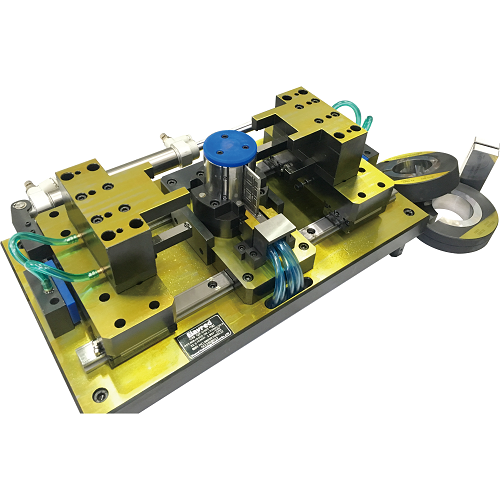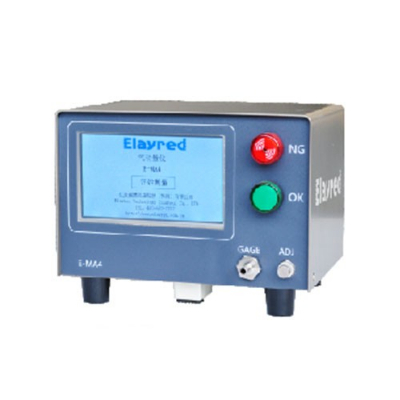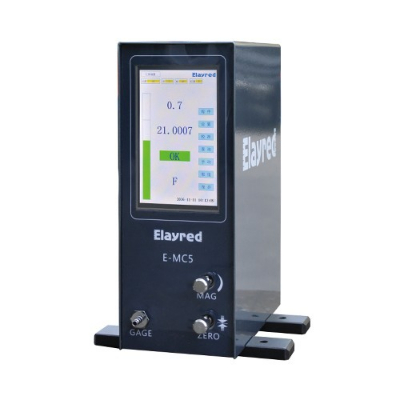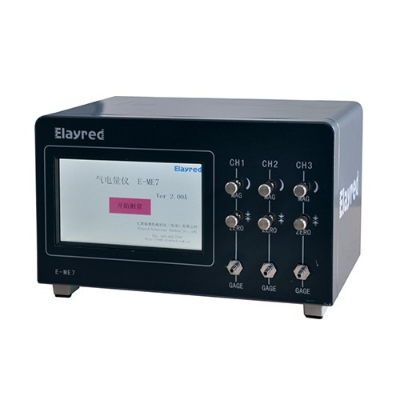As a non-contact measurement method, pneumatic measurement technology has been widely used in the field of component size detection. This technology mainly relies on the characteristics of gas flow to measure the size of parts indirectly, and has the advantages of high precision, high efficiency and low damage. In the pneumatic measurement, usually used instruments include pneumatic gauge, pneumatic probe and pneumatic measuring instrument. These instruments are used to precisely control the flow of gas and pressure changes, enabling the measurement of components......
As a non-contact measurement method, pneumatic measurement technology has been widely used in the field of component size detection. This technology mainly relies on the characteristics of gas flow to measure the size of parts indirectly, and has the advantages of high precision, high efficiency and low damage.
In the pneumatic measurement, usually used instruments include pneumatic gauge, pneumatic probe and pneumatic measuring instrument. These instruments enable accurate measurement of component dimensions by precisely controlling gas flow and pressure changes. Pneumatic gauges determine the dimensional deviation of a component by comparing the difference in gas flow between the component being measured and the standard gauge. The pneumatic probe is usually used in conjunction with the measuring instrument to achieve continuous measurement of multiple dimensions of the component.

The advantage of pneumatic measuring instruments is that their non-contact measurement method avoids the damage and error that may be caused by traditional mechanical measurement. At the same time, the pneumatic measuring instrument has high measurement accuracy and repeatability, which can meet the application scenarios that require high dimensional accuracy of parts. In addition, pneumatic measuring instruments usually have a higher measurement speed, which can improve production efficiency.
However, pneumatic measurement technology also has some limitations. For example, for parts with high surface roughness or complex shapes, the accuracy of the pneumatic measurement may be affected. In addition, pneumatic measuring instruments usually need to be operated and maintained by professional operators to ensure the accuracy and stability of measurement results.
In summary, the pneumatic measurement technology is a high-precision and high-efficiency method suitable for the measurement of component dimensions. When choosing a pneumatic measuring instrument, it should be selected according to the specific application scenarios and needs, combined with professional operation and maintenance to ensure the accuracy and reliability of the measurement results.

Model:E-MA4; Measuring range:±25μm,±50μm; Resolution:0.1/0.2/0.5/1.0; Total error:2%; Number of channels:Single; Measuring function:MXMNMNIAN-AMIN2

Model:E-MC5; Measuring range:±25μm,±50μm; Resolution:0.1/0.2/0.5/1.0; Total error:≤0.3μm; Number of channels:Single; Measuring function:MXMNMNIAN-AMIN2

Display screen:7Inch; A/E:EA-2; Accuracy:≤0.3μm Resolution:0.1/0.2/0.5/1.0 Unit:μm/mm/inch